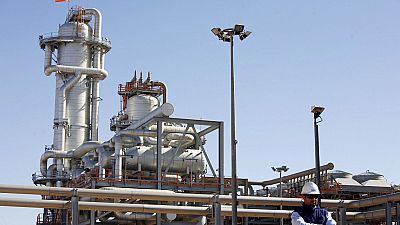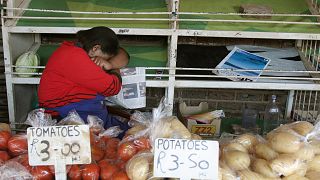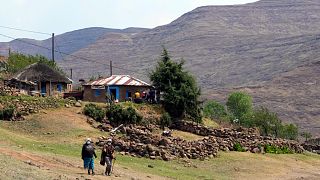Algeria
European Union officials and energy firms urged Algeria on Tuesday to adapt to more competitive energy markets so as to attract the investment needed to pump more gas north of the country.
The appeal comes after years of dwindling exports.
Algeria is seen as a natural partner for the European Union as it looks to diversify energy supplies.
The North African country is the EU’s third biggest gas supplier behind Russia and Norway, yet its export capacity through three pipelines and LNG shipments across the Mediterranean Sea is widely underused.
According to EU climate energy commissioner, Miguel Arias Canete: “The largest development sector is here in Algeria, because Algeria is a reliable supplier especially for European union, and we want to diversify supply sources of the European Union, we cannot be dependent on suppliers who sometimes uses gas as a political instrument and not as a commodity according to the rules of the market, and Algeria has an impeccable territory. This is why for us the partnership with Algeria is a strategic, permanent and durable one, and we can do everything necessary to support the economic development and improve the living conditions of the Algerian people.”
Tuesday’s forum also discussed renewable energy sources and energy efficiency, as well as alternative energy.
Declining European demand has cut into Algerian exports, but the amount of gas for export has also been hit by a combination of slowing production from mature fields, low investment and Algeria’s own rapidly expanding need for gas.
Algeria’s long-term gas contracts to Europe are due to expire in 2021.














Go to video
Greece cracks down on irregular migration, says it’s "not an open corridor to Europe"
00:42
EU says diplomatic incident with Libya "a protocol issue"
Go to video
More migrants arrive as Greece suspends asylum applications
01:03
Eastern Libyan authorities deport EU ministers, commissioner
01:24
EU to seek tougher measures from Libyan authorities on Mediterranean migrant sea crossings
01:09
United Kingdom backs Morocco's autonomy plan for Western Sahara